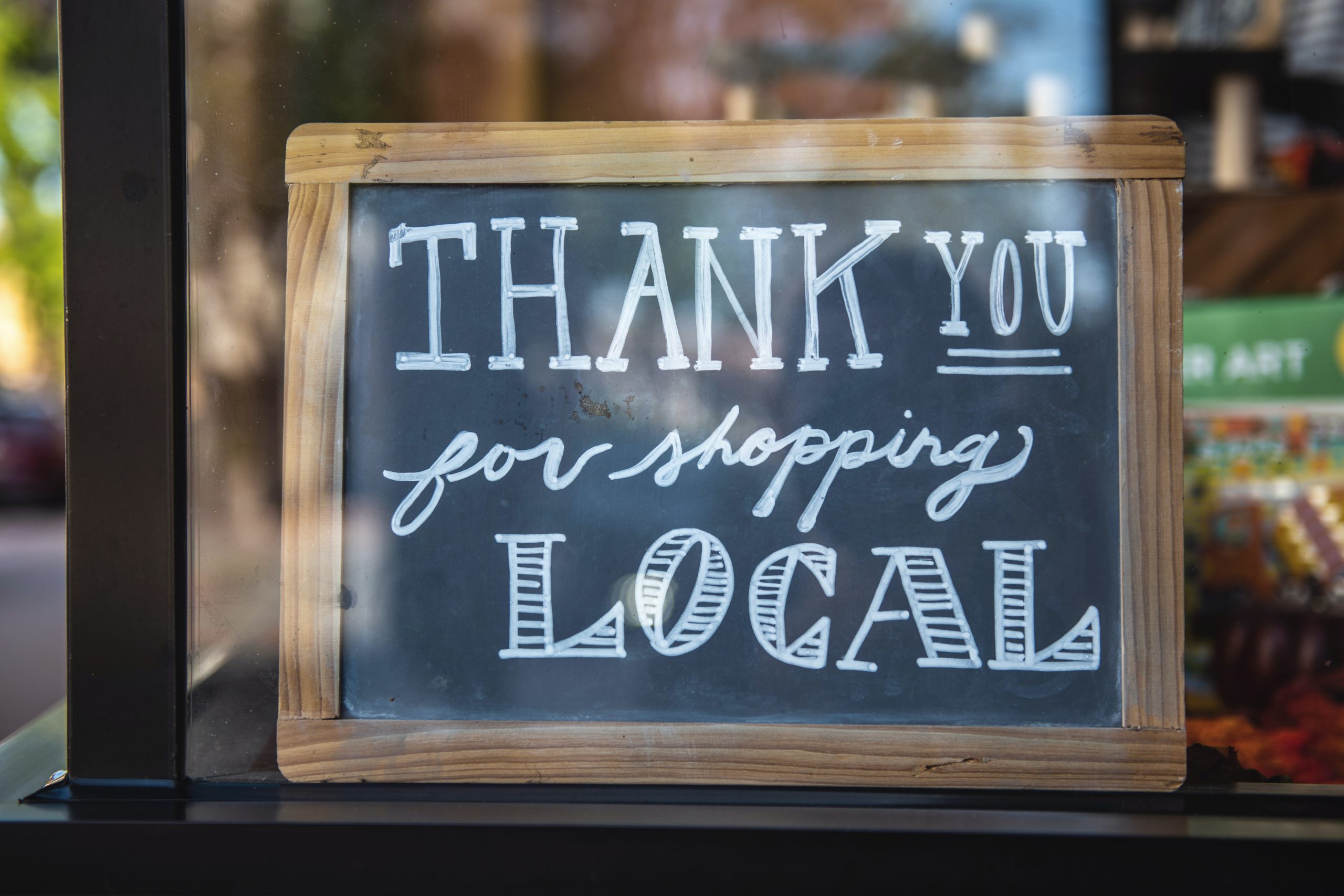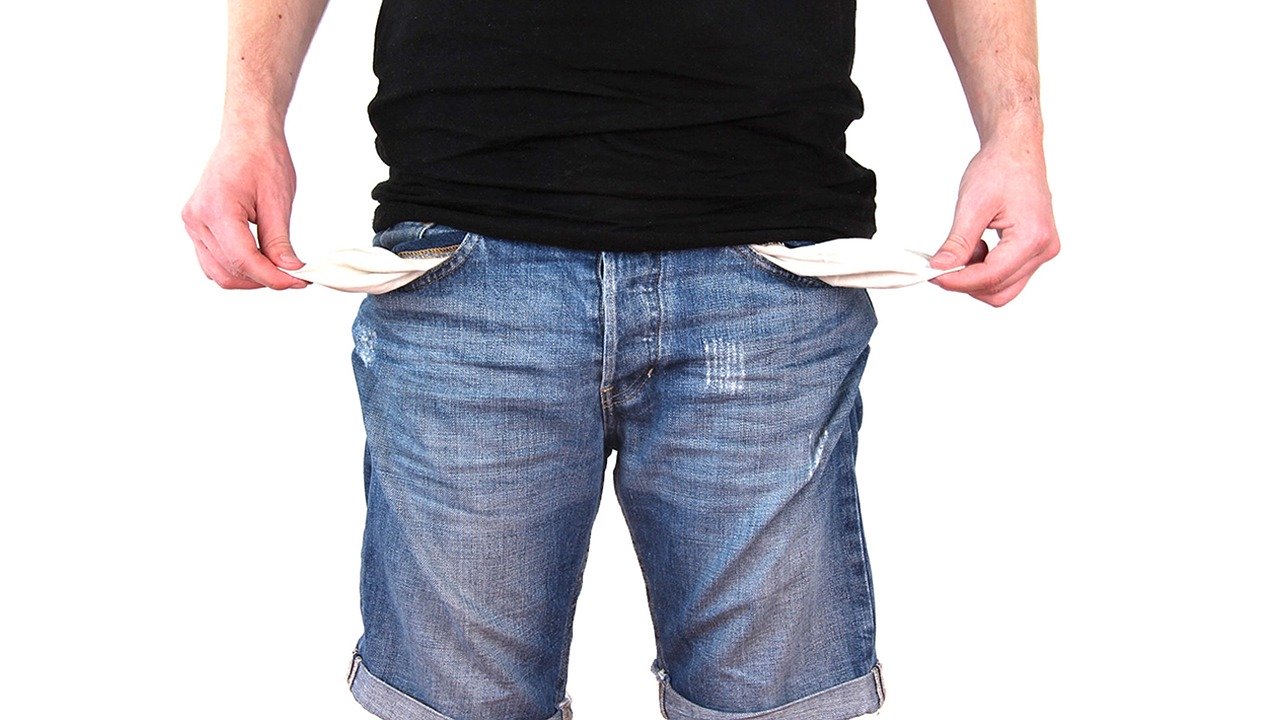
In this post we would like to address some of our clients frequently asked questions regarding the Payment Protection Program, a loan forgiveness program created by the CARES Act (Coronavirus Aid, Relief, and Economic Security Act).
In response to the Coronavirus pandemic, the United States government recently passed a bill providing emergency financial relief to individuals, families, and small businesses. As you know, the majority of states nationwide have issued stay-at-home orders requiring the public to avoid all nonessential outings and stay at home as much as possible. Non-essential businesses have also been ordered to close their facilities to the public until further notice. Essential businesses have been allowed to continue to operate such as grocery stores, pharmacies, health care facilities, banking, law enforcement, and other emergency services.
One of the main provisions of the bill, known as the CARES Act (Coronavirus Aid, Relief, and Economic Security Act), allocates billions of dollars in loans to small businesses who are feeling the economic impact of the stay-at-home orders. The CARES Act specifically authorized the Small Business Administration (SBA) to create the Payment Protection Program for the purpose of providing financial assistance to small businesses nationwide that have been adversely impacted by the COVID-19 crisis. SBA lenders began accepting loan applications from small business owners on April 3, 2020. Applications will continue to be accepted until June 30, 2020. It is important for business owners to apply for these loans as soon as possible.
- What is the Payment Protection Program?
In a nutshell, the Payment Protection Program is a loan forgiveness program that allows small businesses (of 500 or fewer employees) to apply for loans of (1) $10 million or (2) 2.5x the average total monthly payments of the company’s payroll costs, whichever is less.
Loans under this Paycheck Protection Program (PPP) will be 100 percent guaranteed by SBA, and the full principal amount of the loans will qualify for loan forgiveness provided that:
(1) the business was in operation on February 15, 2020 and either had (a) employees for whom you paid salaries and payroll taxes or (b) paid independent contractors as reported on Form 1099;
(2) all employees are kept on the payroll for 8 weeks and;
(3) the money is used for payroll costs, rent, mortgage interest, or utilities (at least 75% of the forgiven amount must have been used for payroll).
Continue reading
 Visa Lawyer Blog
Visa Lawyer Blog





